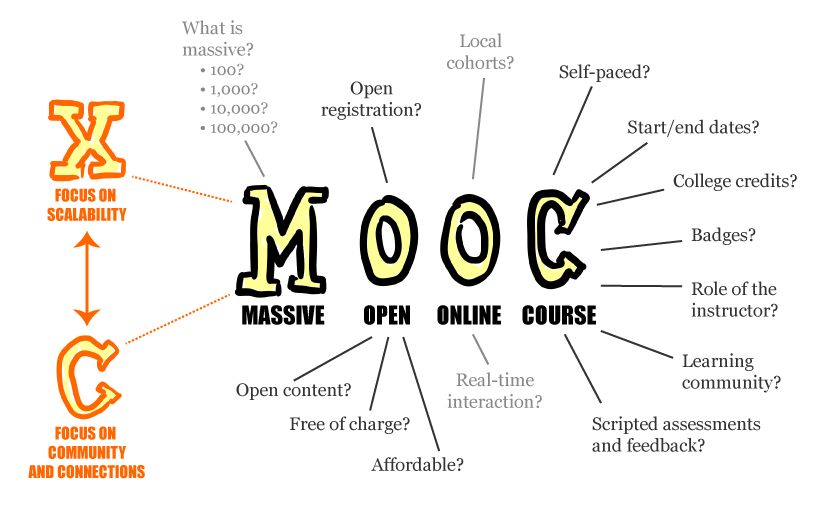698 reads
Data Science with Substance: Best Massive Open Online Courses
by
September 20th, 2020

KDnuggets™ is a leading site on AI, Analytics, Big Data, Data Science, and Machine Learning
About Author
KDnuggets™ is a leading site on AI, Analytics, Big Data, Data Science, and Machine Learning
